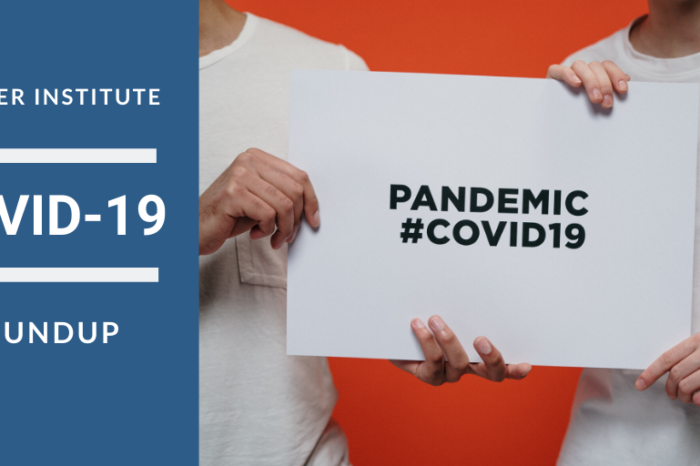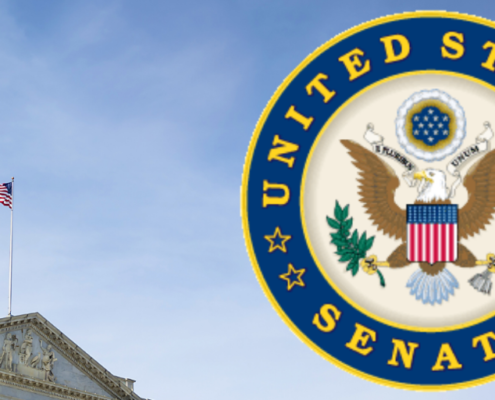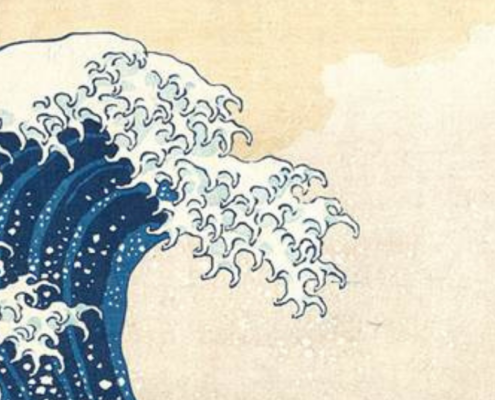COVID-19 Roundup from Pioneer: How some countries are succeeding, Tips for maintenance staff safety, Shelter in place?, Equity in remote learning policies
Pioneer staff share their top picks for COVID-19 stories highlighting useful resources, best practices, and questions we should be asking our public and private sector leaders. We hope you are staying safe, and we welcome your thoughts; you can always reach out to us via email: pioneer@pioneerinstitute.org.
Our Top Picks for COVID-19 Pandemic News:
Jim Stergios, Executive Director, shares some news about the supply chain from Forbes: Puerto Rico Can Help The U.S. End Its Dependence On Chinese Pharmaceutical Ingredients.
William Smith, Visiting Fellow in Life Sciences: Here‘s one Stanford University professor’s take on where this could go.
Mary Connaughton, Director of Government Transparency: New York Times’ health reporter Donald McNeil writes: “If we had enough tests for every American, even the completely asymptomatic cases could be found and isolated… Obviously, there is no magic wand, and no 300 million tests. But the goal of lockdowns and social distancing is to approximate such a total freeze.”
Barbara Anthony, Senior Fellow in Healthcare: Terrific, must-read piece, in The Boston Globe: “Understanding what works: How some countries are beating back the coronavirus.”
Our Picks for Public & Private Sector Best Practices:
Barbara Anthony, Senior Fellow in Healthcare, offers some tips to help ensure the safety of our residential building maintenance and management staff.
Mary Connaughton, Director of Government Transparency: As a public service, along with major national news outlets like the Wall Street Journal and the New York Times, many of our state’s newspapers have lifted their paywalls and are offering free online access to Coronavirus coverage including the Boston Herald, Berkshire Eagle, The Boston Globe (through Boston.com), Metrowest Daily News and many other regionals. If your newspaper is doing the same – please let us know. We’d love to give them a shout out for this terrific public service. Keeping people informed saves lives.
Micaela Dawson, Communications Director: Kudos to Chelmsford-based company Zoll for ramping up ventrilator production to fight COVID-19. Read the story in the Boston Herald.
Questions for Our Public & Private Sector Leaders:
Massachusetts Governor Charlie Baker has just issued a stay-home advisory and emergency order regarding non-essential businesses. Should he issue a shelter-in-place order? Let us know your thoughts – take our poll below.
Jamie Gass, Education Director: On our latest episode of “The Learning Curve,” Cara Candal and Gerard Robinson discuss the Philadelphia school district’s decision not to offer remote instruction to any of its 200,000 students due to concerns that not all have access to technology. Is this reaction to COVID-19 reasonable or irresponsible?
Do YOU have interesting articles to share with us? Please email us, or message us through our social media channels below!









